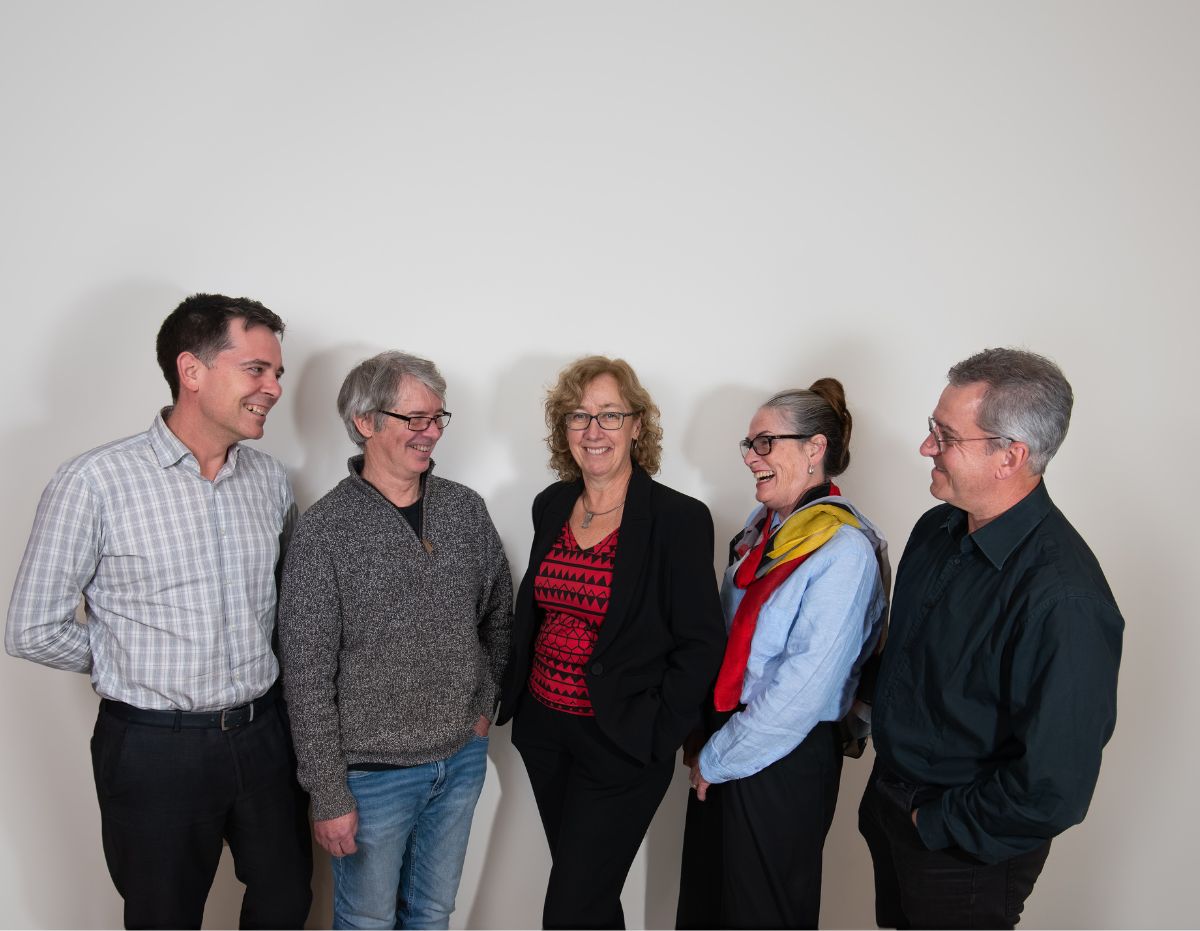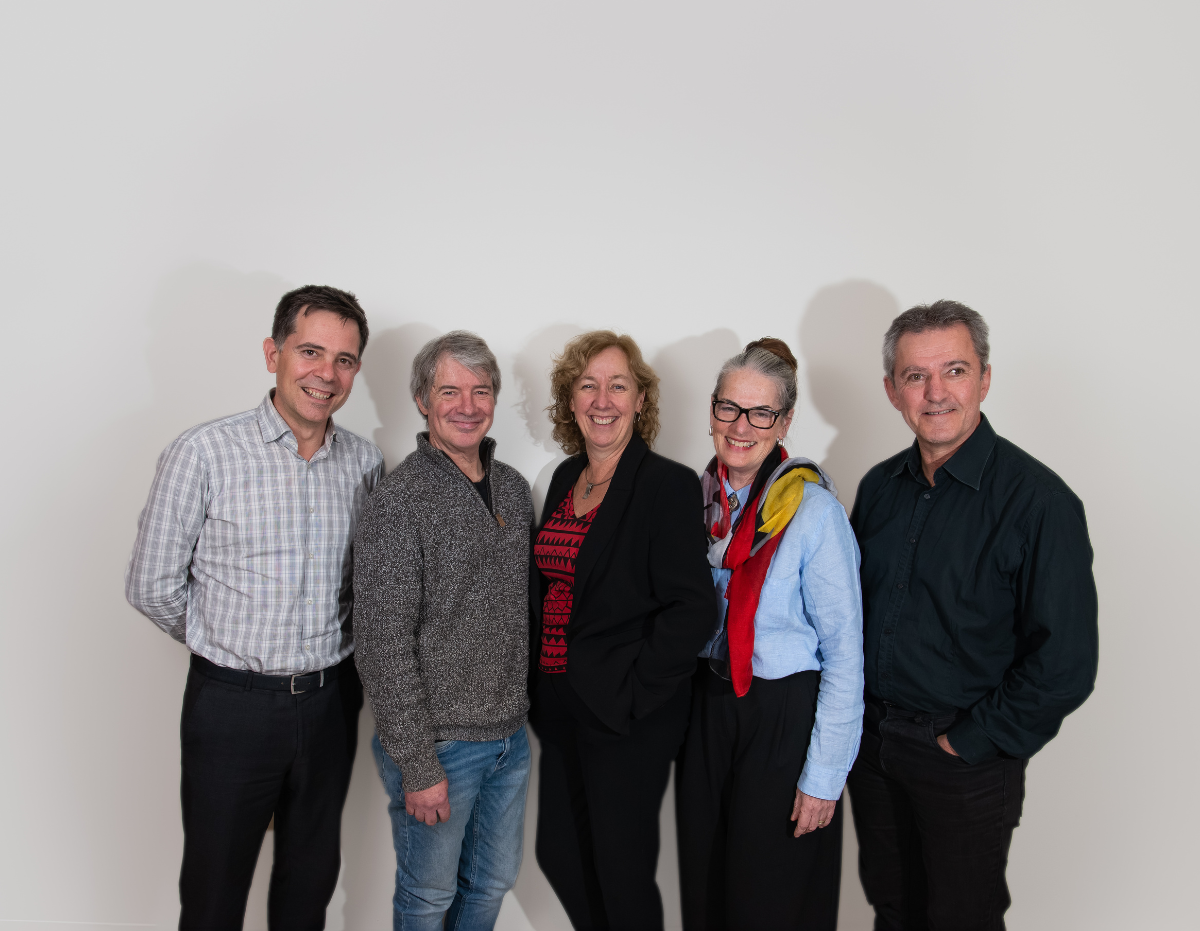Unleashing Structure and Success: A Journey from Guesswork to Data-Driven Decision Making in an IT Function
Luke, the Head of Testing in a large IT function of an Australian bank, faced several challenges within his department before engaging in the COE program. The team lacked structure and a systematic approach to managing their business, despite their strong technical backgrounds in IT. All this in a rapidly growing function. This led to a considerable amount of guesswork. The issues they encountered were often fundamental management problems, such as a lack of insightful metrics, undefined processes, and unclear expectations for team members. Luke realised that they needed to find a more sophisticated way of managing their business to regain control in a rapidly evolving business model.
The Learning Solution
In their quest for a solution, they had previously sent team members for process improvement training, but it did not produce the desired outcomes in terms of leadership development. They also explored talent leadership training for their high-potential leaders, but it fell short in developing the specific skills they needed.
Luke found the answer in the COE program. He and his second-in-charge (2IC) enrolled together, allowing them to tackle their operating model transformation on multiple levels. The COE program introduced them to best practice frameworks, such as the ecosystem and the business excellence assessment, which uncovered the gaps responsible for their challenges. This newfound structured approach to workload management and team capability, supported by data-driven insights, brought clarity and common sense to their decision-making process. Their conversations within the team and with external stakeholders became more deliberate and proactive as they focused on managing patterns and trends.
Operational Excellence Meets Agile
Throughout the program, Luke gained key takeaways and valuable learnings. Despite some early scepticism about the applicability of certain concepts to their technology-focused organisation, he soon realised that adaptation was key to success. Embracing this new management approach proved to be initially challenging but ultimately far superior. By analysing data instead of relying solely on anecdotes, Luke and his team were able to dispel numerous myths and make well-informed decisions. They also discovered that this approach perfectly complemented, even improved, their agile operating model.
To fully benefit from the COE program, Luke moved past the belief that their function was ‘special’ or different. Additionally, as an IT function, they lacked many of the metrics commonly found in operational businesses and they decided to develop these metrics themselves rather than accept the status quo.
Luke loved the COE program, particularly for the IT function and subsequently volunteered to speak to other clients about the experience. He considered it a game-changer for their leadership team, enabling them to manage their business more effectively. They also successfully applied the learnings to one of their external service providers, encouraging them to improve their performance. Luke greatly appreciated the expert and independent feedback he received throughout the program, as it challenged his thinking and fostered continuous improvement. If your journey feels like Luke’s, it might be time to get a scorecard on the hard skills gaps in your business. Check out our Leadership Skills Audit here.
Join the QBS Newsletter
Receive free leadership tips and tools right to your inbox!




 Quality Business Services
Quality Business Services



